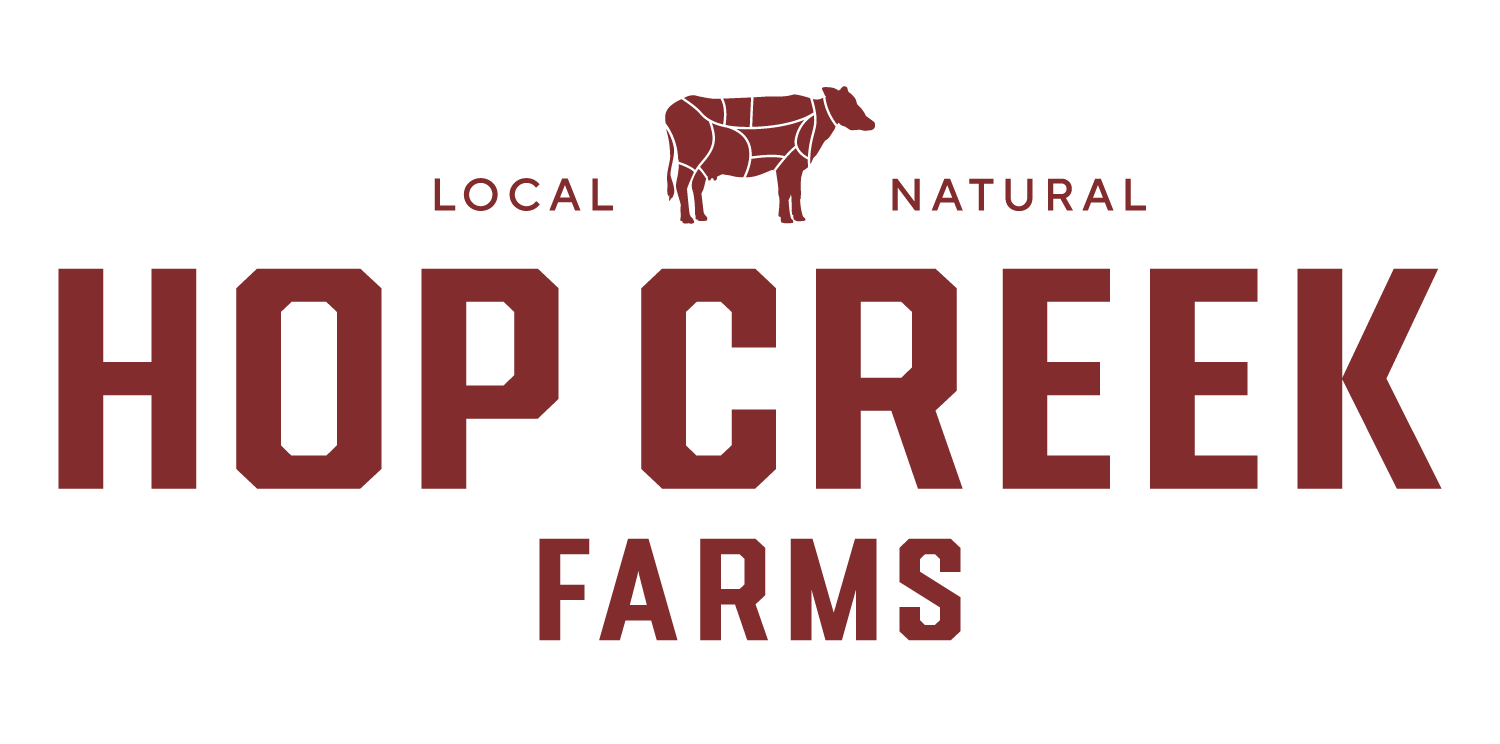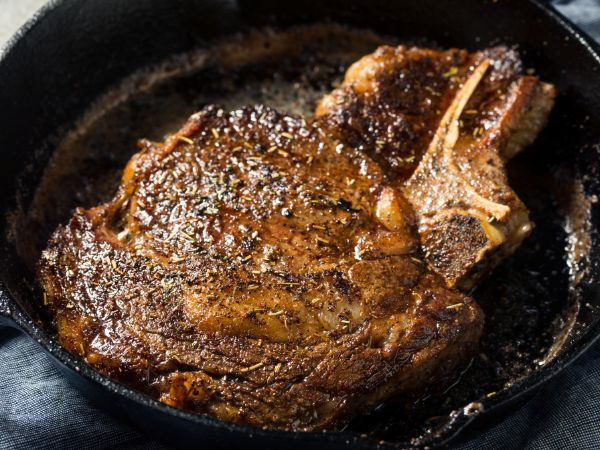Does Grass Fed Beef Really Make a Difference?
posted on
February 28, 2023
There’s a saying that some people eat to live while others live to eat, but no matter what camp we fall into, most of us can appreciate a delicious meal.
Additionally, more and more people are looking for healthier ways of eating to improve their well-being. In many cases, people want to return to more natural foods, believing that the way our ancestors ate was better for us and our environment.
With this changing attitude toward what we eat, many are also looking at how food is prepared and raised, leading to the debate of grass-fed vs. grain-fed meat. Does one have an advantage over the other, and does grass-fed beef really make a difference?
For thousands of years, the animals that we ate roamed free and ate grass, but in areas where beef is mass-produced, today’s cattle typically receive grains. This is true in the United States, but several other countries as well, such as Canada, where more than 98% of consumed beef has been grain-fed.
Studies have demonstrated that what cows eat will affect the nutrients in beef. It’s also well-known that the foods we eat will affect our health. So, how does grass-fed and grass-finished beef and lamb benefit us?
Benefits of Grass-fed, Grass Finished Meat
Grass-finished meat refers to animals that have fed on grass and forage for their entire lives. Grass-fed meat means meat from cattle that may have been supplemented with grain feed or fed grain in feedlots for the last few months in order to fatten them up. While the term grass-fed has become well recognized, what this means is that you really want meat from animals that are both grass-fed and grass-finished.
When it comes to proteins, grass-fed and grass-finished beef is one of the most nutrient-dense sources available to buy. It is much leaner and higher in key nutrients, including vitamins and antioxidants. According to research conducted by Dr Stephen van Vliet from Utah State University’s Department of Nutrition, Dietetics, and Food Sciences, grass-finished meat has higher levels of a wide variety of health-promoting compounds. Grass finishing also provides the animal with improved health. On a per-calorie basis, grass-fed beef is higher in vitamin A and E, B vitamins, iron, zinc, and selenium. It also contains conjugated linoleic acid (CLA), which is a beneficial fat that contributes to greater immunity and has been tied to anti-inflammatory benefits.
Some of the other benefits of grass-fed, grass-finished beef include:
- Helps to Support Healthy Blood Sugar Levels
The CLA in beef from grass-fed cows can help prevent conditions like diabetes and obesity. A recent study also revealed that 37% of those who were given CLA demonstrated greater insulin sensitivity., which is a factor in promoting healthy blood sugar levels. Among those who are insulin resistant, following a ketogenic lifestyle and consuming grass-fed beef can improve blood glucose levels.
- Decreased Risk of Heart Disease
The presence of CLA has another benefit in that it can help decrease the risk of heart disease. When taking into account the CLA, antioxidants like vitamin E, omega-3 fatty acids, lower levels of unhealthy fats, and lower levels of bad cholesterol (LDL cholesterol) which is a marker of cardiovascular disease, grass-finished meat emerges as a healthier alternative to typical grain-fed beef.
- It Contains Electrolytes
Those who switch to a keto lifestyle often experience what is known as keto flu, which occurs when electrolytes such as sodium, potassium, and magnesium are not replenished once they are flushed out. Grass-fed meat contains all three in ample amounts.
- It Contains More Healthy Fats
There is up to 6x the amount of omega-3 fatty acids than grain-fed beef and lower amounts of omega-6, which many already eat in surplus. Omega-3 has several benefits such as helping with depression, improving focus, and alleviating inflammatory symptoms caused by inflammatory diseases like arthritis.
- Less Bacteria
According to studies, grass-fed beef is less likely to contain so-called superbugs—bacteria which have become resistant to three or more classes of antibiotics. While these superbugs are rare, they can lead to food poisoning, making grass-fed beef a better choice in terms of food safety.
Grass-fed Lamb
Like beef, lamb is a red meat. It is also a very healthy protein source. Like beef, grass-fed lamb generally contains less total fat than grain-fed, providing fewer calories. It also has one of the highest levels of CLA and omega-3 fatty acids.
Whether beef or lamb, grass-fed, grass-finished meat is a healthier choice than grain-fed for both the animals and for us.
For more information about our grass-fed, grass-finished meats and their benefits to you, please contact us. We’ll be happy to answer your questions.







